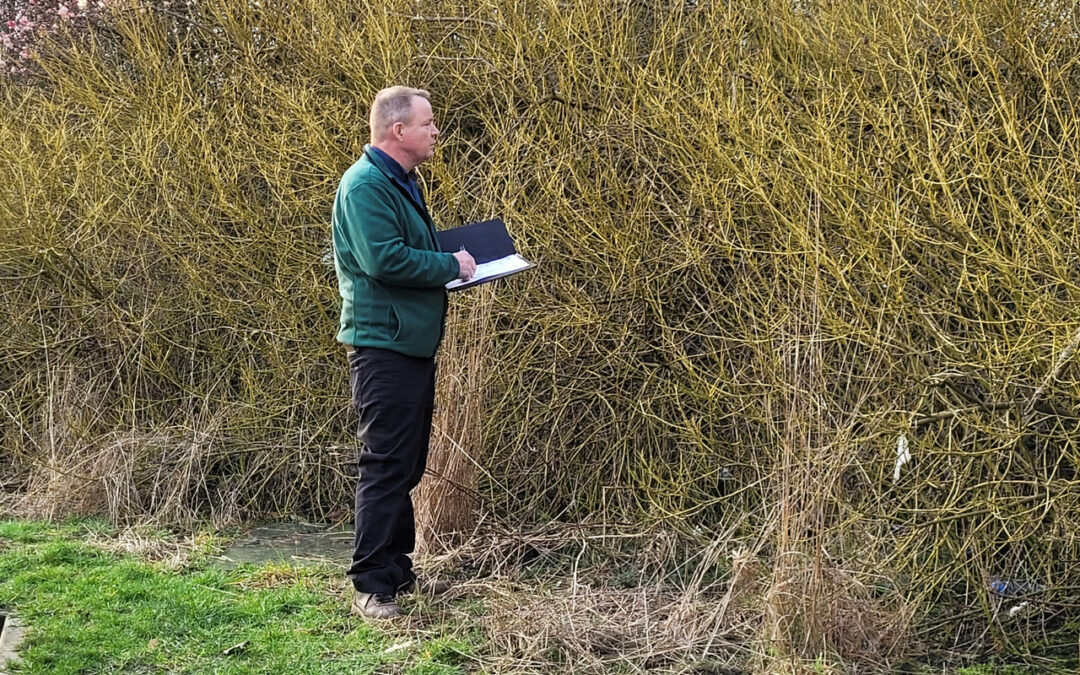How Dangerous Is Japanese Knotweed to My Children? Explained in [2023]
Learn about the potential dangers and ways to keep your family safe.
Japanese knotweed is a highly invasive plant that can cause significant damage to buildings, roads, and other structures. However, it’s not just property owners who need to be concerned about this plant – parents may also wonder how dangerous Japanese knotweed is to their children’s health. In this article, we’ll take a closer look at the potential risks of Japanese knotweed to children and provide tips for keeping your family safe.
What is Japanese Knotweed?
Japanese knotweed, or Fallopia japonica, is a perennial plant native to Japan, China, and Korea. It was introduced to Europe in the 19th century as an ornamental plant but has since spread rapidly across the continent and beyond. Japanese knotweed can grow up to 3-4 meters tall and has hollow stems that are green with reddish-brown speckles. The leaves are green, shield-shaped, and around 10-15 cm long.
How Dangerous Is Japanese Knotweed to My Children?
While Japanese knotweed is primarily a threat to property, there are potential health risks associated with the plant. Here are some of the ways in which Japanese knotweed could be dangerous to children:
- Skin irritation: Japanese knotweed contains oxalic acid, which can cause skin irritation and rash. If children come into contact with the plant, they may develop redness, itching, and blisters on their skin.
- Allergic reactions: Some people may be allergic to Japanese knotweed pollen, which can cause symptoms such as sneezing, runny nose, and itchy eyes. Children with allergies may be more susceptible to these reactions.
- Respiratory issues: If Japanese knotweed is burned, it can release harmful smoke and particles into the air. Children with respiratory issues such as asthma may be particularly vulnerable to these effects.
In reality the risks of Japanese knotweed to children are relatively low, it’s still important to take precautions to keep your family safe.
How Can I Keep My Children Safe from Japanese Knotweed?
Here are some tips for minimizing the risk of Japanese knotweed to your children:
- Teach your children to recognize Japanese knotweed and avoid touching it.
- Wear protective clothing, such as long sleeves and gloves, when working near Japanese knotweed.
- If you have Japanese knotweed on your property, consider hiring a professional to remove it safely.
- Avoid burning Japanese knotweed, as this can release harmful particles into the air.
- If your child develops a rash or other symptoms after coming into contact with Japanese knotweed, wash the affected area with soap and water and seek medical attention if necessary.
H3: FAQs
Q: Is Japanese knotweed poisonous to children? A: While Japanese knotweed is not poisonous, it can cause skin irritation and other health issues in some children.
Q: Can Japanese knotweed cause breathing problems in children? A: If Japanese knotweed is burned, it can release harmful smoke and particles into the air, which could cause respiratory issues in children with asthma or other respiratory conditions.
Q: How do I know if my child is allergic to Japanese knotweed? A: Allergic reactions to Japanese knotweed pollen are relatively rare but may cause symptoms such as sneezing, runny nose, and itchy eyes. If you suspect your child may be allergic, consult a doctor.
Conclusion:
Moreover while Japanese knotweed can pose some risks to children’s health, the dangers are relatively low. By taking precautions such as teaching your children to avoid touching the plant and wearing protective clothing when working near it.
